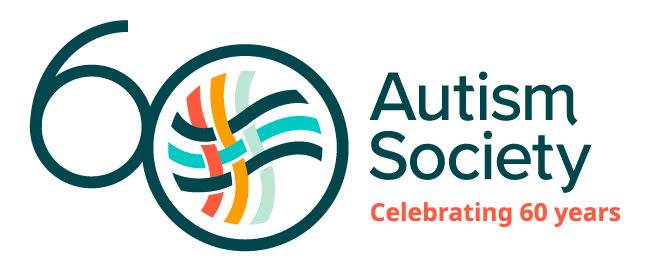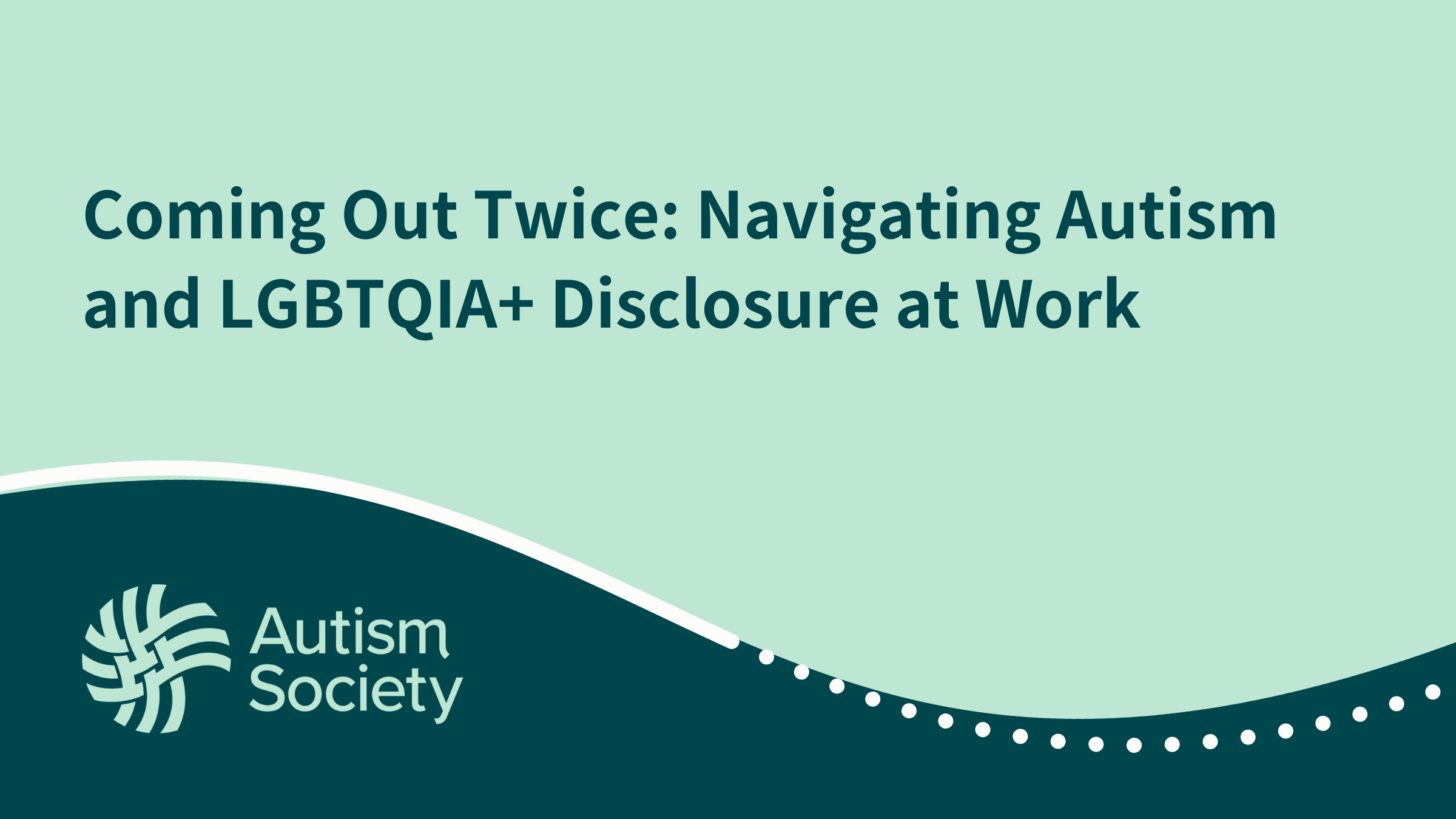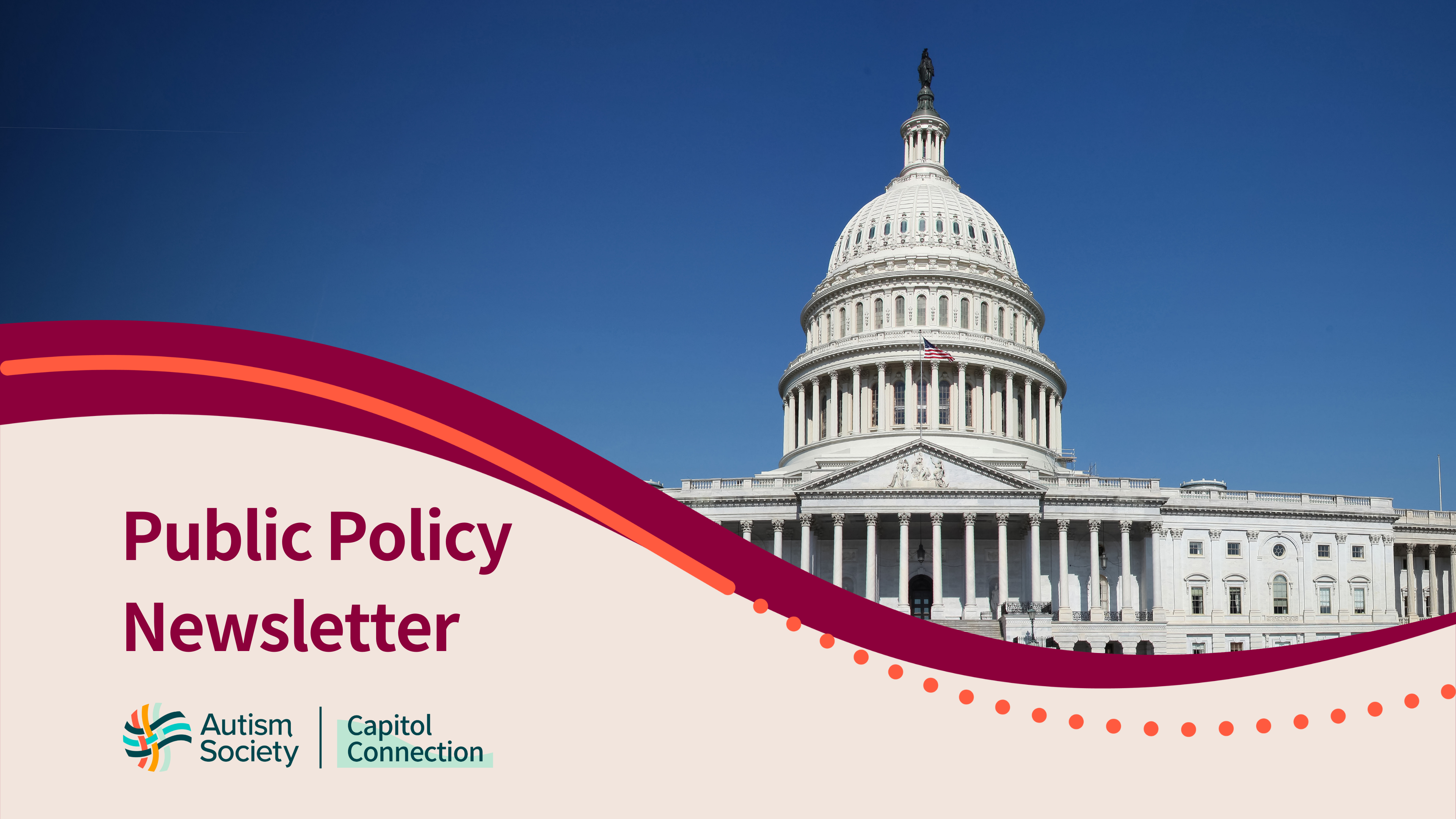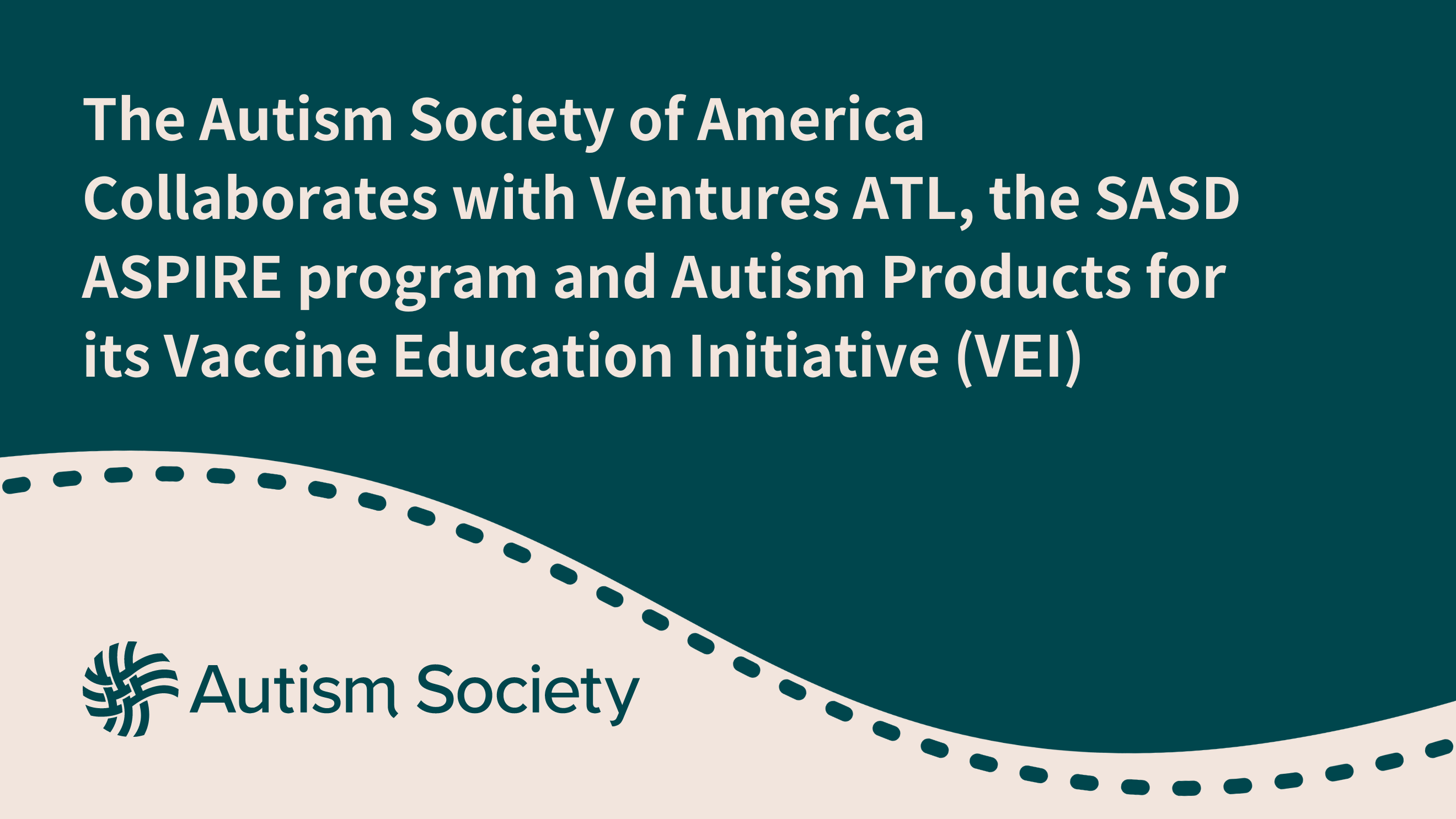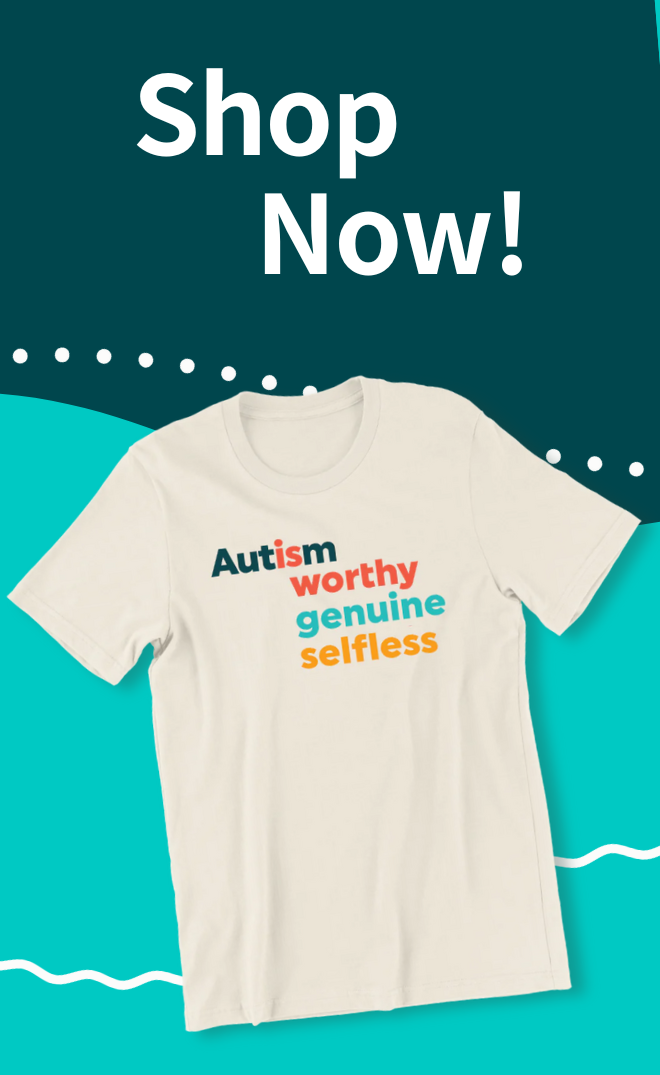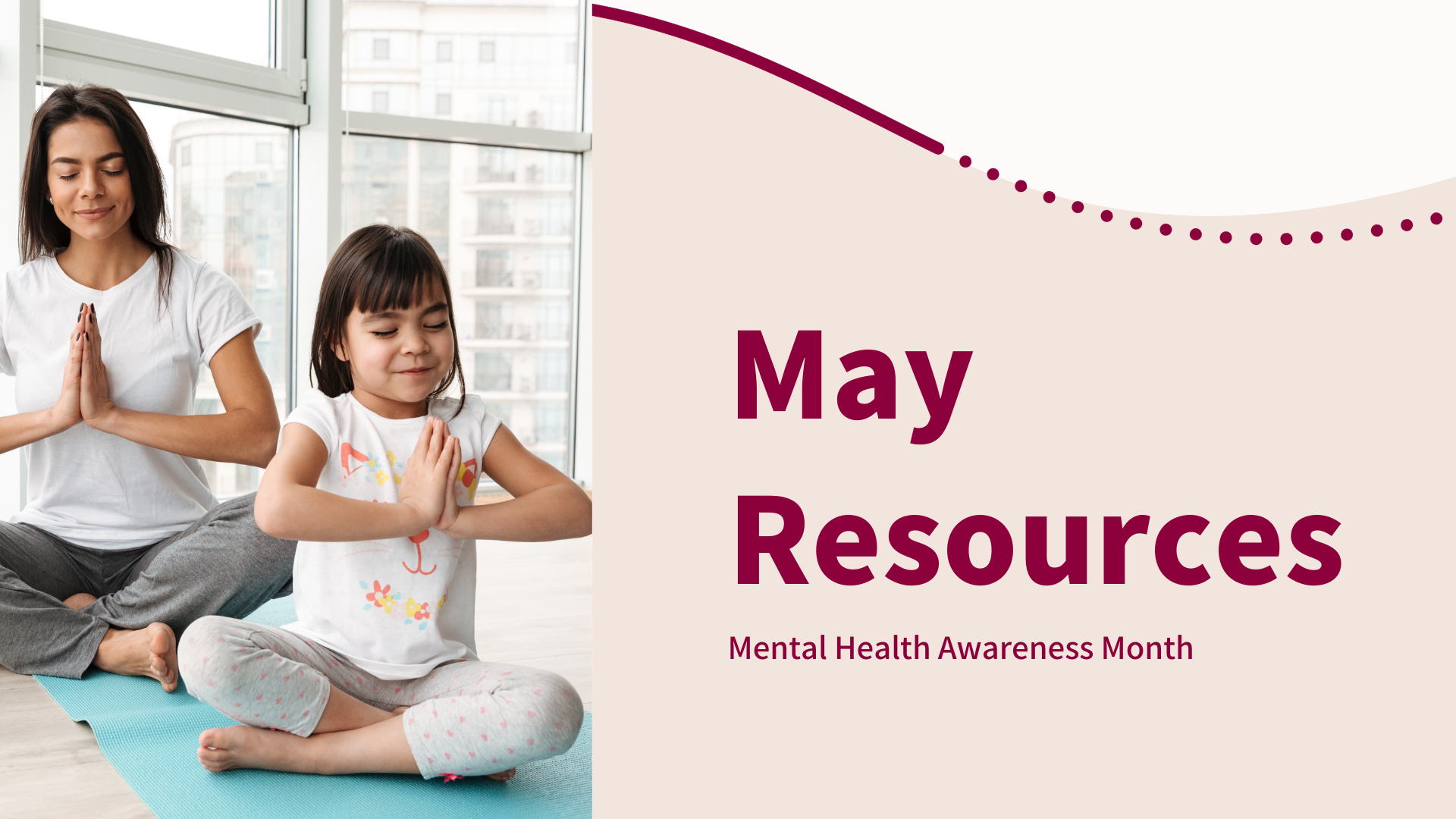
Our May resources focus on Mental Health Awareness Month where we share resources on suicide prevention, statistics and facts about the intersectionalities of the Autism community and mental health conditions. In addition, as warmer weather approaches, we look to provide summertime activities, and camp information to continue development while out of school.
Mental Health Support and Statistics
- Autism Society Resource: Mental Health
- Mental Health Conditions and the Americans with Disabilities Act
- Infographics: Mental Health By the Numbers
- Diagnosing Depression in People with Autism
- Autism Acceptance Resource Guide (co-created by the Autism Society and Nickelodeon)
Suicide Prevention
- Autism Society Resource: National Suicide Prevention Month Facebook Live episode
Summer Activities & Camp Information
- Autism Society Resource: Social Connections
- 100 Autism Summer Camps to Check Out Today
- 30 Activities, Teaching Strategies, and Resources for Teaching Children with Autism
- Tips for Making Adjustments to Summer
- Maintaining Skills Over the Summer
Public Policy Resources
- 988 has been designated as the new three-digit dialing code that will route callers to the National Suicide Prevention Lifeline. While some areas may be currently able to connect to the Lifeline by dialing 988, this dialing code will be available to everyone across the United States starting on July 16, 2022. Click here for more information on the 988 initiative.
The Autism Society’s National Helpline is here to support you and provide you with the resources you need. Our Information & Referral Specialists are available Monday to Friday, 9:00 am to 7:00 pm (Eastern Time) at 800-3-AUTISM (800-328-8476) or info@autism-society.org.
The Autism Society’s mission is to create connections, empowering everyone in the Autism community with the resources needed to live fully. As the nation’s oldest leading grassroots Autism organization, the Autism Society and its 71 local affiliates serve over half a million members of the Autism community each year. It envisions a world where everyone in the Autism community is connected to the support they need when they need it – including education, advocacy efforts, and supports and services throughout the lifespan. If you found this article helpful, please consider supporting our efforts through a donation, every bit helps. Donate here!
Share:

